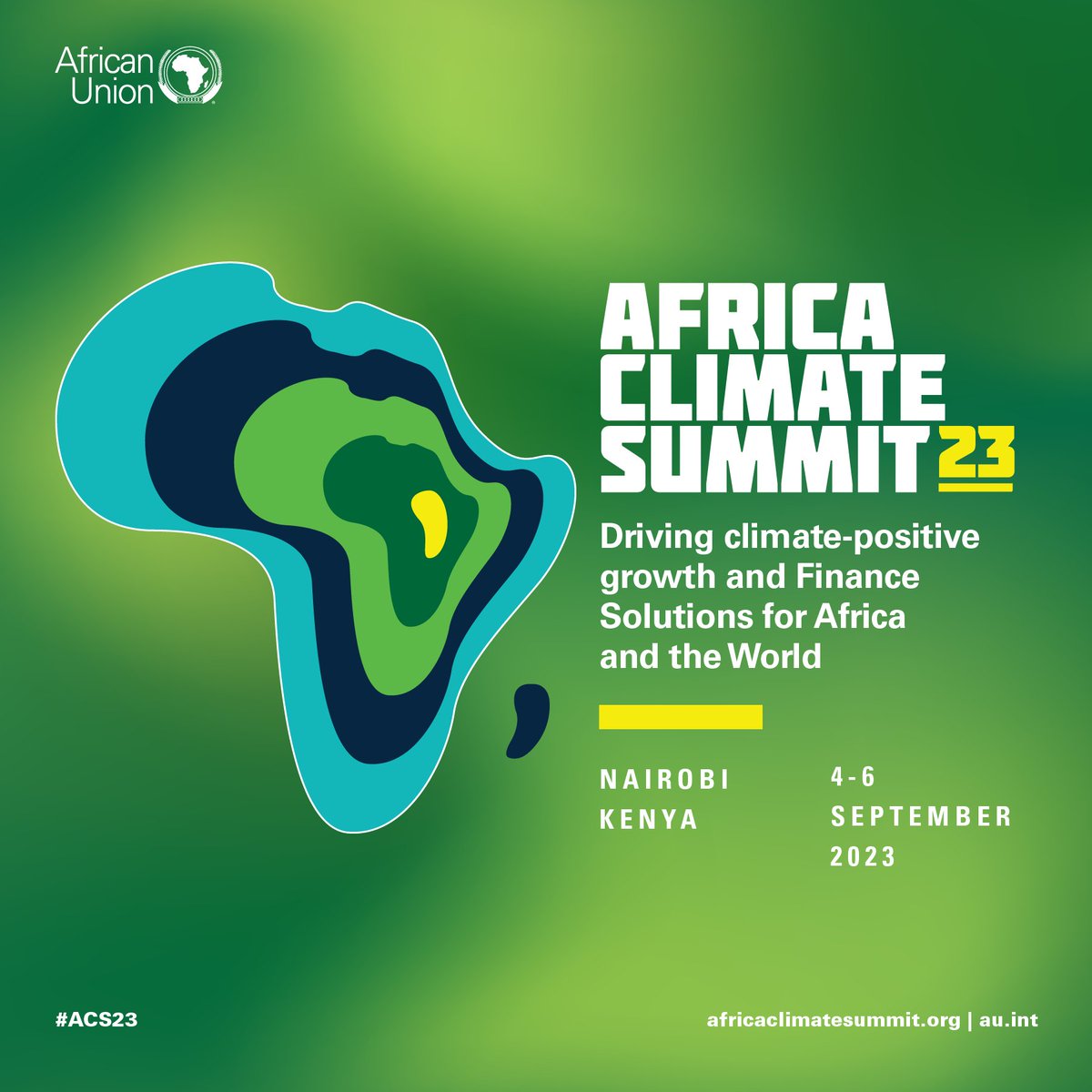Tess Mpoyi
Former Senior Policy Advisor

September 5, 2023
Former Senior Policy Advisor

Takeaways:
Youth Panel:
Speakers:
Session featured two female Ministers of Health (Malawi, Liberia)
Takeaways:
Takeaways:
The inaugural Africa Climate Summit concluded today, September 6, with the unanimous adoption of the Nairobi Declaration, organizing Africa’s leaders behind a climate consensus position going into the next COP28 negotiations, starting this November in Dubai.
The Nairobi Declaration contextualizes Africa’s role in climate action along several key points:
In light of these factors, the Nairobi Declaration positions the African continent to rise to the challenge of climate change through embracing the opportunity for climate action to forward sustainable, green development and lead the world in a just and equitable transition away from a carbon-based development model. The Declaration strategically combines the climate and development agendas in Africa for a new era of green growth and just transition, with unified leadership by President Ruto of Kenya to leverage the vast potential of Africa, including its potential to provide 60% of the world’s renewable energy.
The Nairobi Declaration contains the following priorities, among others:
What is missing from the Nairobi Declaration?
While the Nairobi Declaration takes a strong stance on Africa’s potential to turn climate action into economic development, with the support of improved financial investment and reduction of debt burdens, the Declaration leaves out several important elements. Notably, the Declaration does not include the role of empowering women and youth and the role of demographic transition in supporting economic development and climate adaptation and resilience on the continent.
